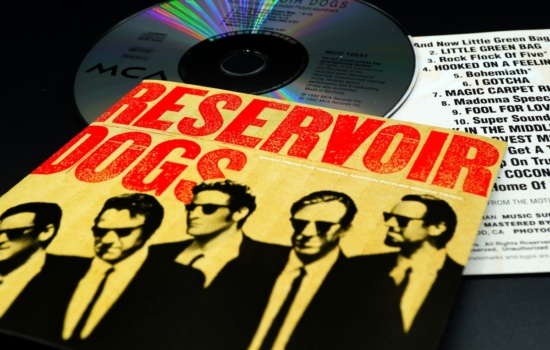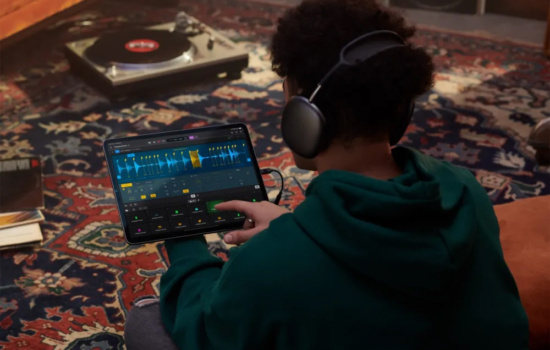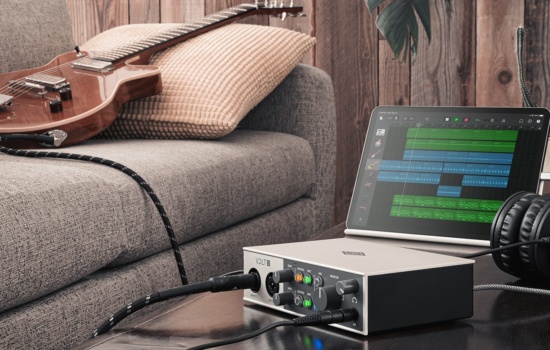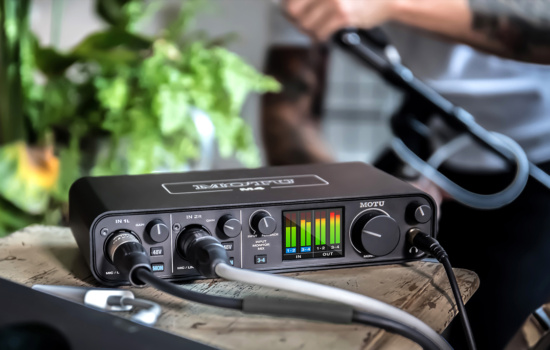Music Journalist

How To Become a Music Journalist
Career Description
Music Journalists report on music news, interview musicians, review albums and concerts and write works of music criticism. An average day for a Music Journalist will involve a lot of time spent behind a computer, researching and writing stories. Music Journalists also sometimes attend record release parties and concerts. They are employed by print, online, and broadcast media outlets.
They work with Editors, Music Photographers, Publicists, other Journalists, and occasionally, Recording Artists.
The Deputy Editor of Hip-Hop Wired, Alvin “aqua” Blanco says his workday is officially from “8am-5pm, but usually goes longer.” Once he wakes up in the morning, he checks the Internet to see “what’s happening or what’s breaking. Did somebody get arrested? Or a new album dropped?
It’s a 24-hour job. I hop on my RSS reader” to check out the list of sites he visits every day. Much of his day is spent assigning stories to Music Journalists and editing their work.
Salary
On average, Music Journalists earn approximately $40,700 per year. The salary range for Music Journalists runs from $26,000 to $76,000.
Earnings can be made in many different ways, depending on the Writer’s status and the publication. Blanco says, “some sites don’t pay, but you can get clips so you get paying work.” Sometimes a journalist will make a dollar per word. Other times, a Writer will get $50-$150 for a review and $100-$500 for a feature. Writers can also be paid hourly wages or be on salary. Established Writers with a well-known name can earn more, of course.
Hey, what do you think about trying our new Music Career HelperMusic Career Helper really quick? It’s totally free and could help get your career moving fast! Give it a try. It’s totally free and you have nothing to lose.
Career Outlook
Since news is always happening, Music Journalists must eat, sleep and breathe music. Writing is a solitary activity, and many Journalists do not work in offices. Long stretches of the day might be spent alone, and with concerts or listening parties, Journalists can expect to stay up late.
Blanco says Music Journalists must “be prepared to get on the clock at eight o’clock [in the morning] to see what happened the night before. After work, you might have a listening party or a video shoot where you might get to interview an artist. It’s not 24/7 all the time, but it can easily be a 24-hour thing. If you’re a huge hip-hop fan, it’s worth it.”
Career Path
Music Journalists can become Editors. Advancement can also come financially as Journalists gain experience, build their portfolio of clips (i.e. stories), and work for more prestigious institutions.
Blanco says his career “started on websites, doing reviews.” He became the Music Editor of one website, a role in which he was in charge of reviews. From Music Editor, he became Features Editor, a job where duties would include “following a rapper for a day, Q&A’s and editorials.” He is now the Deputy Editor of the popular website, Hip-Hop Wired.
To get a job as a Music Journalist, a writer must “have a resume with work you’ve done. Trust between an Editor and Writer is like a social contract,” according to Blanco. A Writer’s resume and clips show that he or she delivers solid content in a timely manner.
“Contact the Editor and pitch them ideas. Make sure you’re familiar with the magazine” or website. “If they think you’re talented enough, they’ll hire you.” Having your own regularly-updated music blog or website with samples of your work will do a lot to show that you’re consistent and articulate. Blanco says he started writing for the website and then sent clips to Source magazine, who then hired him.
- Get a Twitter feed and have a social presence online. “It’s just part of the game right now,” Blanco says.
- Start your own blog. “Don’t write it like a diary entry. Don’t write it like a mishmash, with bad sentence structure and bad grammar. Write it like you’re writing for Rolling Stone. An editor’s going to Google you and if he sees your blog’s a mess, he’s not going to give you a chance.”
Experience & Skills
Writing experience and skills are essential for any aspiring Music Journalist. Editors will want to see a potential hire’s work, so having clips on file is necessary. Journalists must understand the mechanics of grammar, punctuation, and composition, and be able to demonstrate it in their work.
Blanco says a Journalist needs to be a “good listener, with the ability to work fast under pressure. Make sure you know as much as you can about music. Pride yourself on being an expert in your field.”
A Music Journalist must be “driven, self-motivated and have a thick skin. You’re gonna get rejected a whole lot. Keep at it so you get to the next level,” Blanco advises. Self-motivation is essential since many Journalists are freelancers and have to hustle to get work. Many online Writers do not work in one central office, so they must be able to stay on task to meet deadlines and be OK with working alone.
Education & Training
College isn’t required for this career; Pitchfork founder Ryan Schreiber started the website after he finished high school. However, it is strongly recommended, as a solid handle on grammar, style, and the basic mechanics of composition are essential.
“I tell everybody to read Strunk and White’s The Elements of Style,” says Blanco. College or university will help an aspiring Journalist refine these skills, stay up to date on the latest in journalism, and perhaps even give one the opportunity to write for a college newspaper. Useful degrees include English, Communications, and of course, Journalism.
Blanco underlines the importance of knowing the basics of writing a piece. “A lot of upcoming writers aren’t clear. They think of the glamor of talking to the artist and don’t communicate the story. It goes back to grade school: who, what, where, when, why.” Reading music magazines like Rolling Stone, Source, etc. will help aspiring Writers see how the pros do it.
Additional Resources
For online resources, Blanco recommends Mediabistro, a site that shows writers “how to pitch, magazines that say which stories they’re looking for” and more. He also recommends the site Ed2010.com, which lists internships and job openings in the magazine world.
The Music Critics Association of North America, the Society of Professional Journalists, the National Association of Black Journalists, the National Association of Hispanic Journalists and the American Society of Journalists and Authors can also be helpful.
FAQ
What is the single biggest suggestion you would give to someone wanting to get into this career?
“Make sure that you’re really focused on it and don’t get discouraged. Don’t do this if you’re trying to get rich. There are some people who make a healthy living, but the reward is being able to say ‘I get up in the morning and write about what I wanna write about.’”
What’s the #1 mistake people make when trying to get into this career?
“Not understanding the work that goes into a good story: fact checking, a thesis statement, opening paragraph, closing paragraph. They don’t do the work.”
What is the question people should ask about this career but rarely do?
“How much time is it gonna take from putting together a story, to getting familiar enough [with the subject matter] to get confident about it.”
What is one thing I should have asked which I didn’t?
“I think you got everything.”
If you could describe in one word what makes you successful, what would it be?
“Being well-informed and dependable.”
Sources

Alvin “aqua” Blanco
Alvin “aqua” Blanco is the Managing Editor of HipHopWired.com and the author of the book The Wu-Tang Clan and RZA: A Trip through Hip Hop’s 36 Chambers (Hip Hop in America). He has written for XXL, The Source, Vibe, Giant, and The Village Voice and served as an Editor for Allhiphop.com.
You can see him in action on this episode of STASHED.
References
- 1Multiple. "Average Music Journalist Salary". PayScale. published: Dec 03, 2019. retrieved on: Dec 17, 2019






















